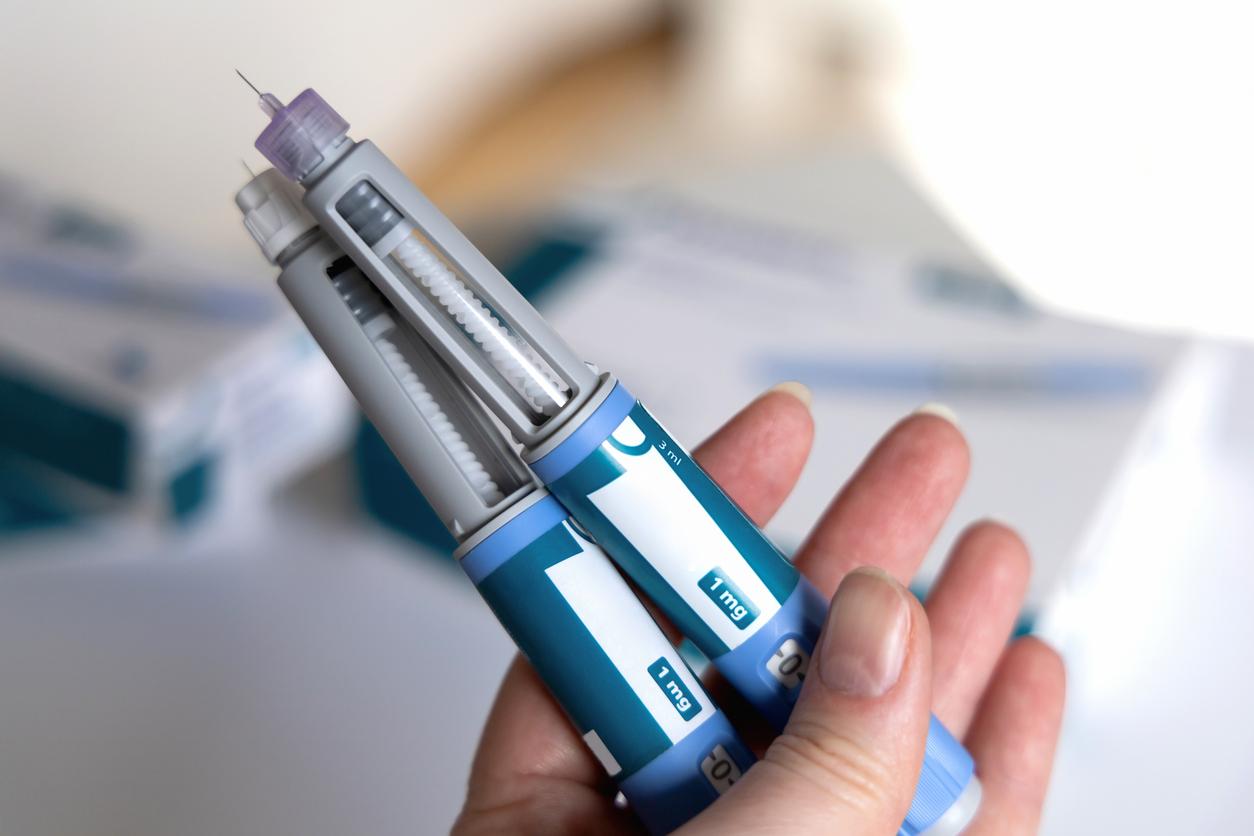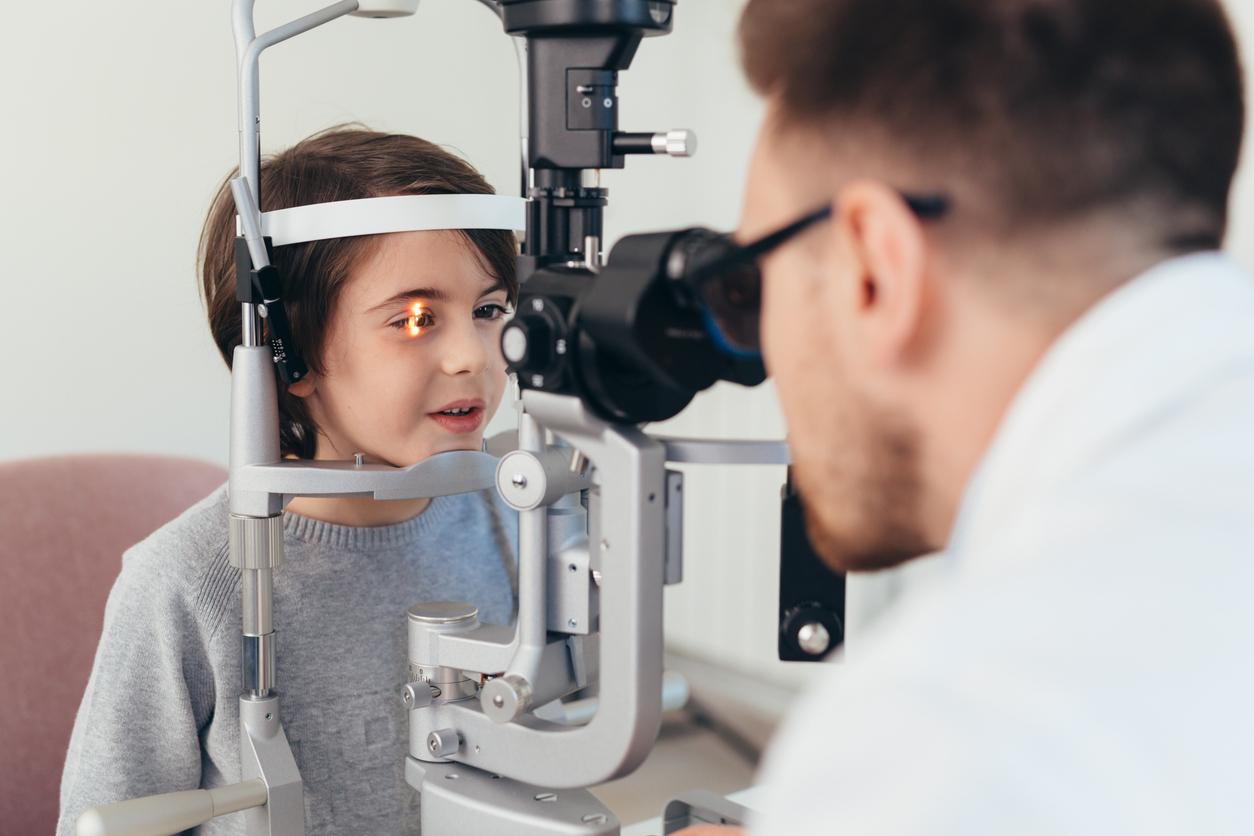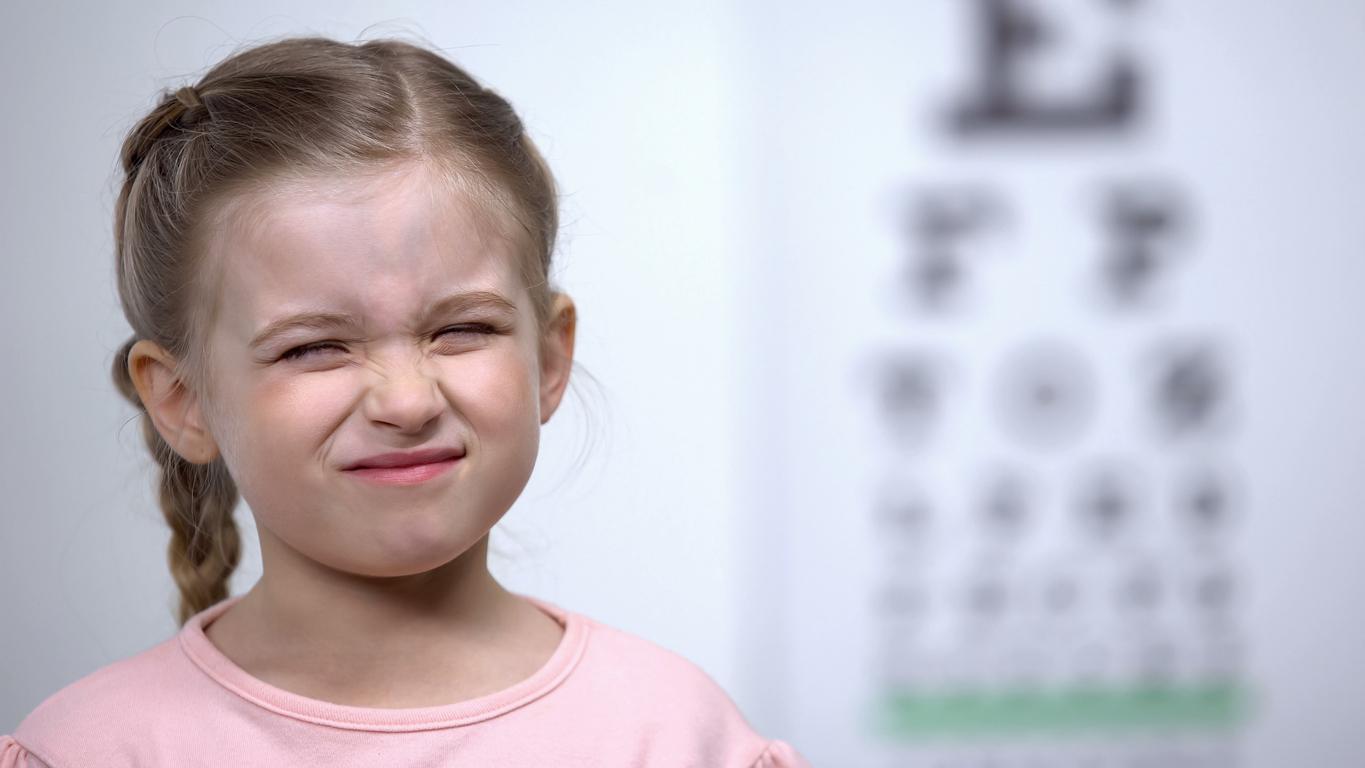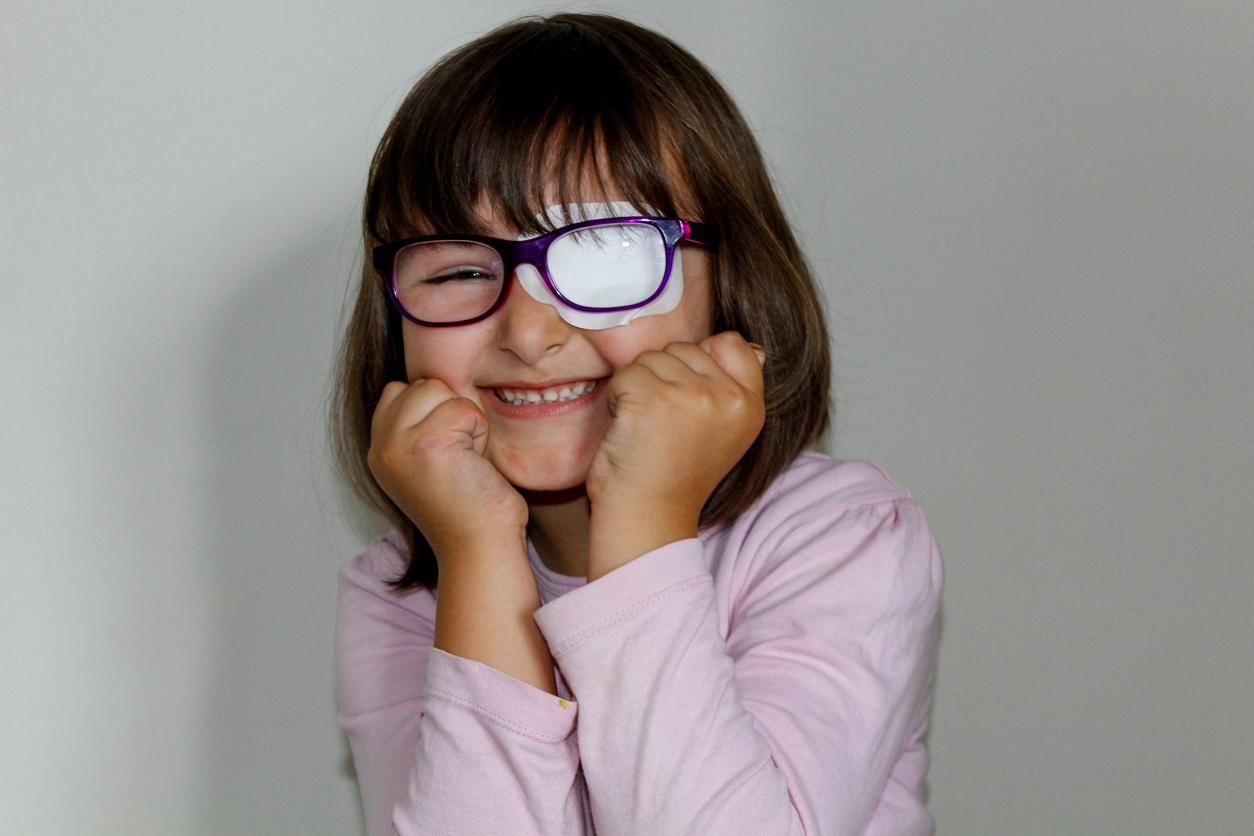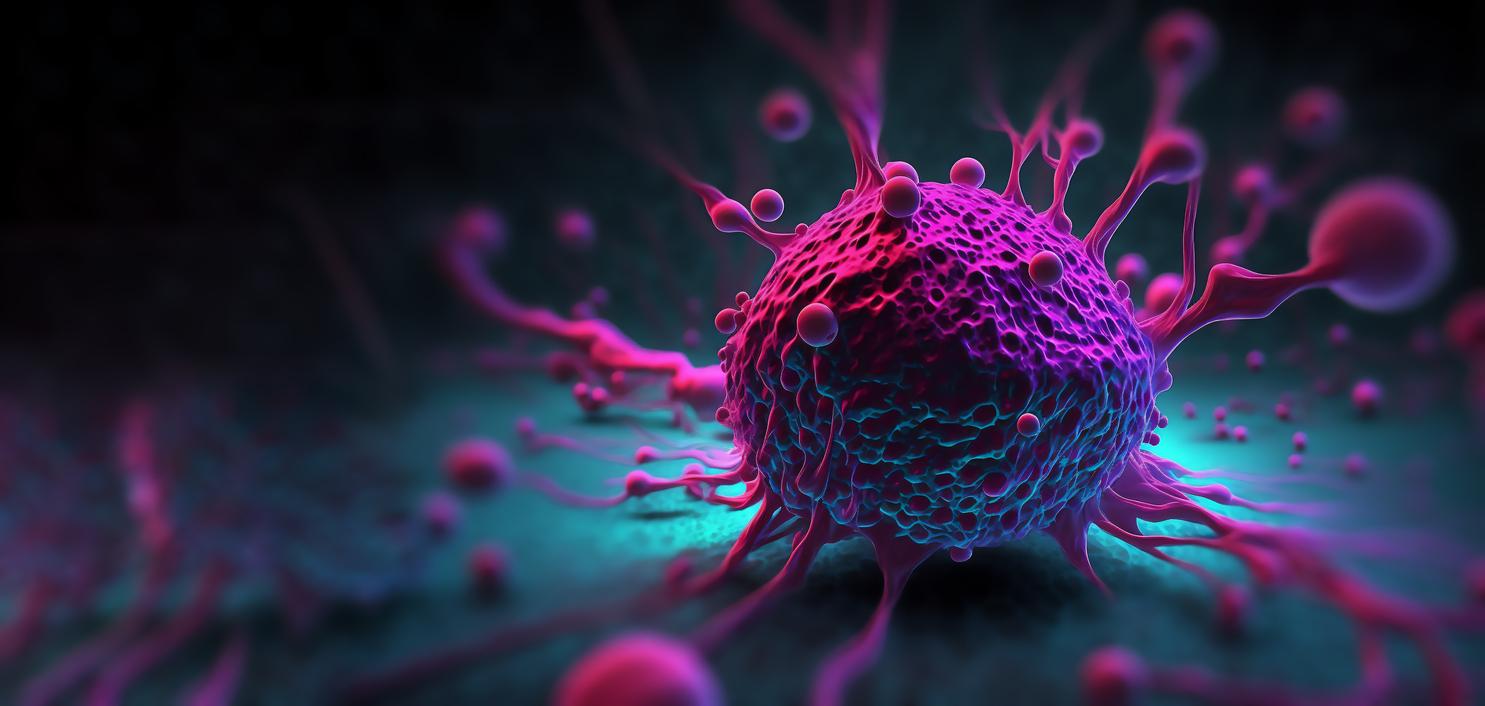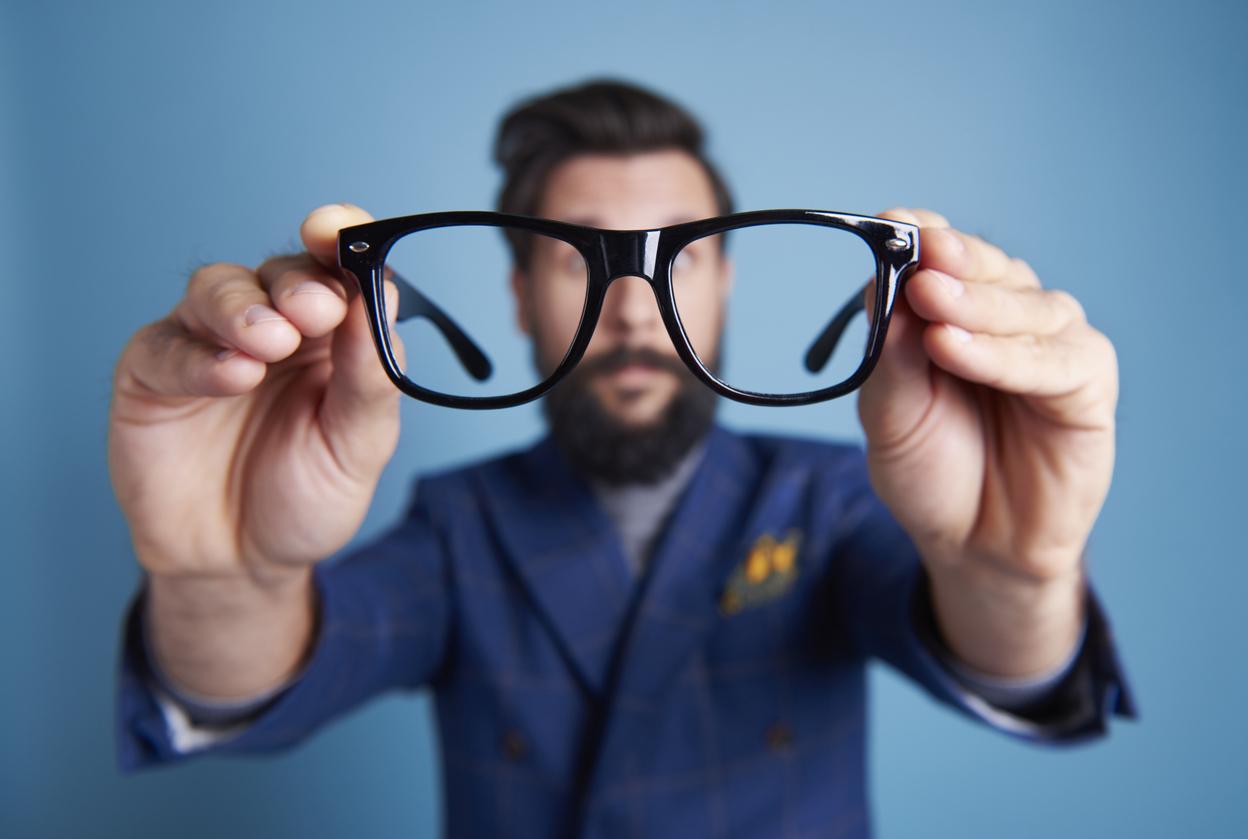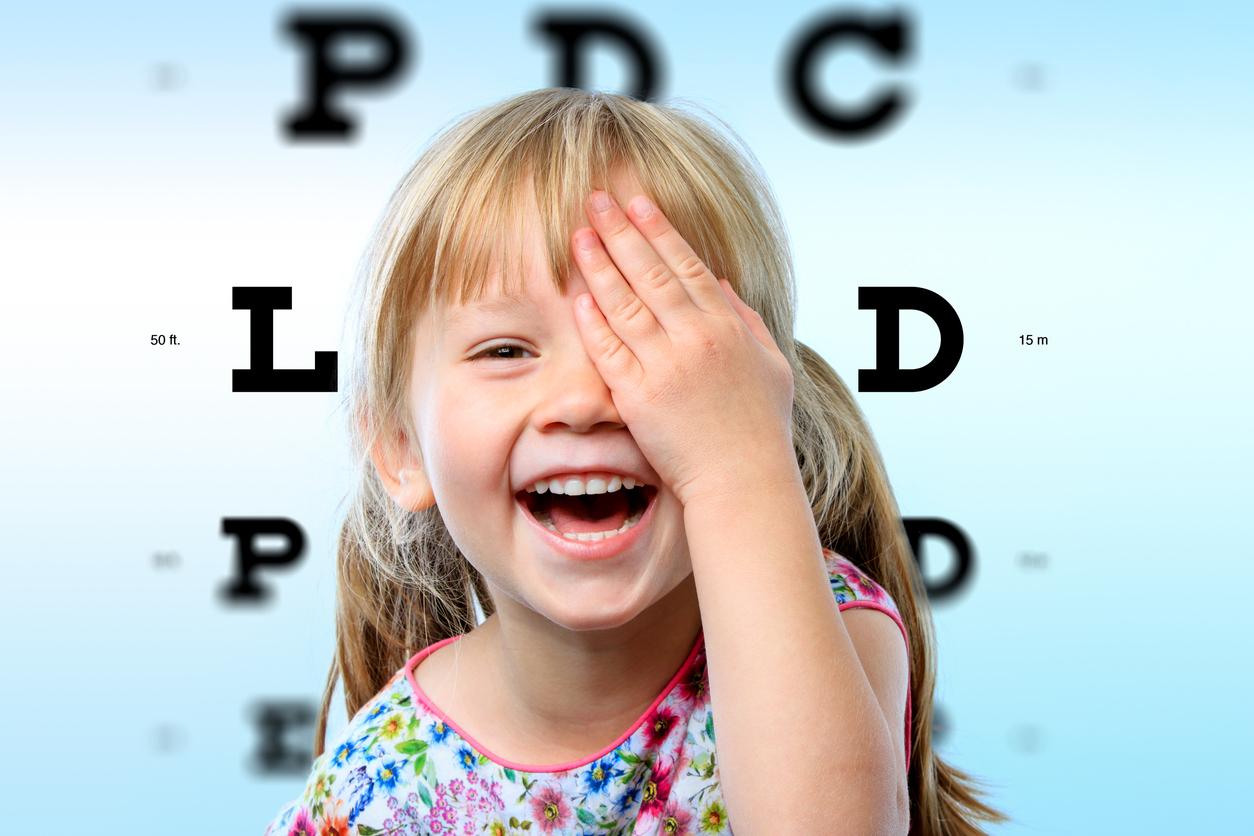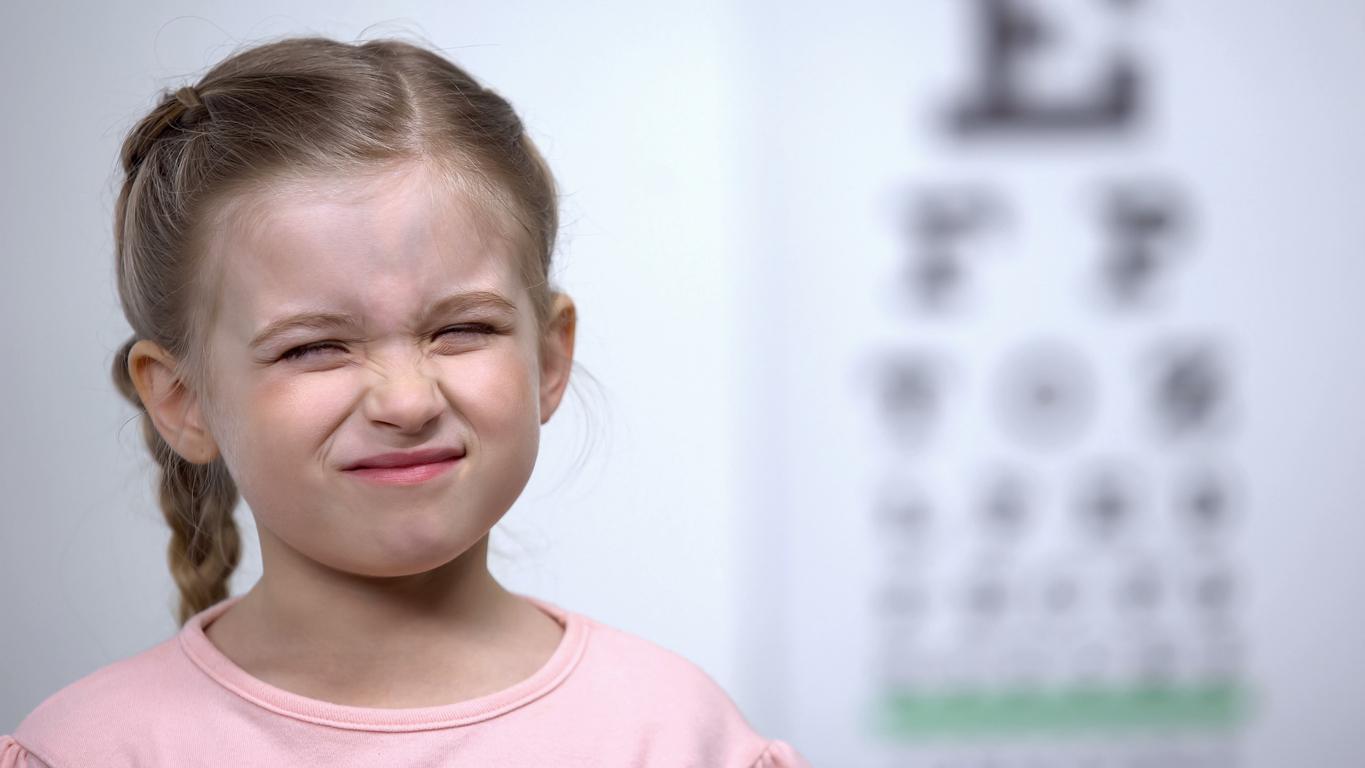Nearsighted people could soon do without lenses or glasses to correct their eyesight. Hope is allowed with the work of ophthalmologists at Shaare Zedek Medical Center and the Institute of Nanotechnology and Advanced Materials at Bar-Ilan University, Israel. Their innovation, reported by West France is based on eye drops, the simple application of which could repair the cornea of myopic and hyperopic patients. For the moment, no clinical trial has yet been carried out on humans, but the first tests carried out on the cornea of pigs have proved conclusive. For two years, Dr. David Smadja’s team studied the effects of drops of “nanodrops”, nanoparticles introduced into the eyes of animals. This solution improved the vision of pigs with myopia and hyperopia.
These first results suggest that in the long term nanotechnology could revolutionize the ophthalmological and optometric treatments of patients suffering from myopia, hyperopia and other complications of the sight, underlines the daily newspaper.
However, the researchers did not specify how many drops would need to be applied to the eyes each day to improve vision.
Nanotechnology for eye diseases
This work is not the first to explore the potential of nanotechnology in the treatment of eye diseases. Researchers at the UCL Institute of Opthalmology in London recently demonstrated the possibility of creating tiny nanoparticles in the form of eye drops to treat age-related macular degeneration (AMD). A solution that would be more effective and less uncomfortable than injecting drugs into the eyes.
Read also:
Myopia: my special foods for good eyesight
Soon drops to see in the dark?
Myopia: vision problems on the rise in children








